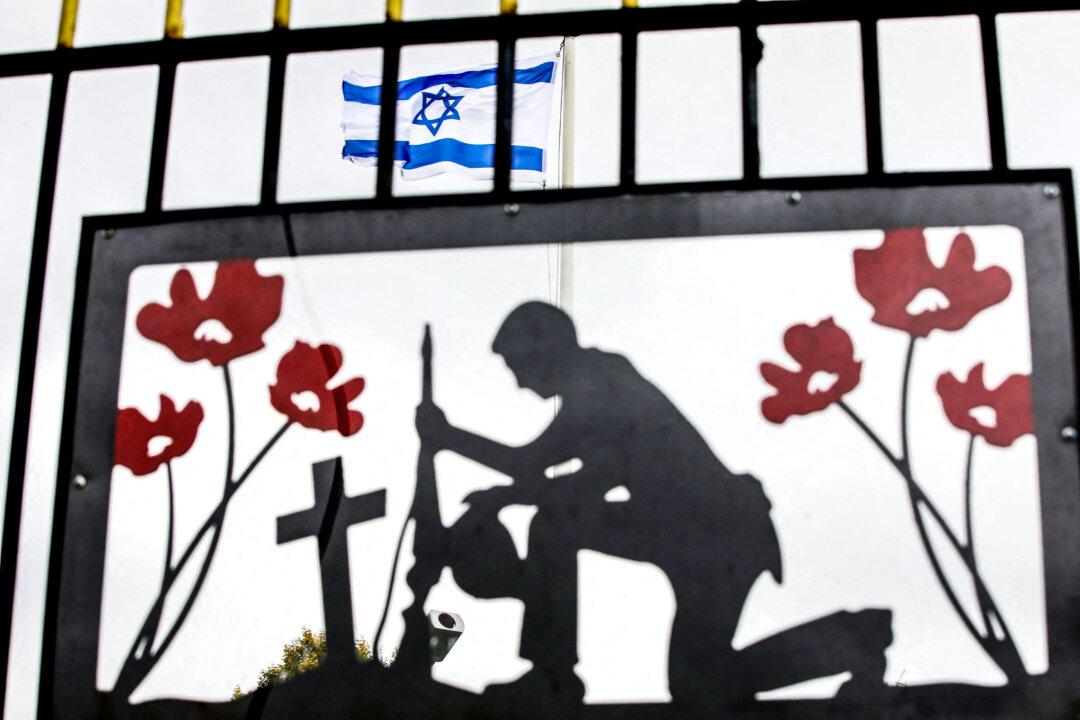The Israeli government said on Dec. 15 that it would close its embassy in Ireland because of what it described as “extreme anti-Israel policies” of the Irish government.
The move came less than a week after Ireland approved a request to the International Court of Justice (ICJ) to broaden the definition of genocide in support of a case by South Africa that accuses Israel of genocide against Palestinians.





